Research, Reports, and Policies
Forging the future of 3D printing
Materialise is committed to investing in research to better understand how 3D printing and our solutions can have a positive impact. These insights drive our actions, and we have policies in place to ensure sustainability is firmly embedded in everything we do.


Life cycle assessments
Powering a more sustainable 3D printing industry means being at the forefront of innovation and technology. Life cycle assessments (LCAs) help us understand the environmental impact through all stages of a product’s life, and are key to identifying best practices and opportunities for innovation.
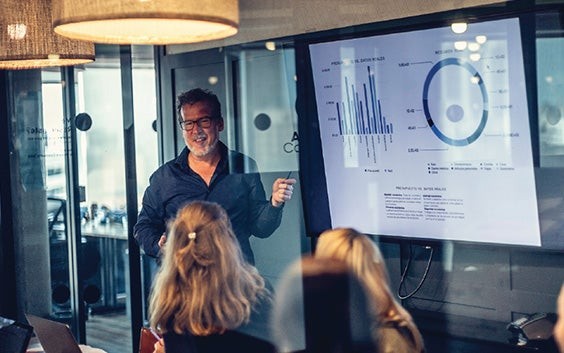
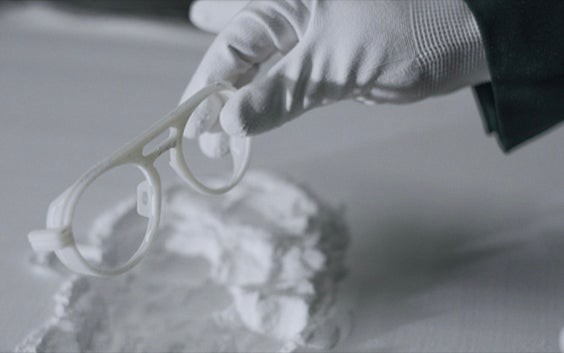
Eyewear manufacturing: SLS vs. CNC
In collaboration with Nyenrode Business University and the consultancy PerfoVision, we completed an LCA comparing the production of eyewear using selective laser sintering versus CNC milling. Our study found additive manufacturing to be an ideal manufacturing method for mass-customized eyewear due to lower inventory costs, shorter lead-times, lower energy consumption of the production line, and less manual labor.
Shoe midsoles: large series of identical products
In partnership with BASF, we completed an LCA for the production of one million pairs of shoe midsoles. While 3D printing is often considered environmentally friendly, our report showed that for large series of identical products, this technology is currently not the most sustainable choice. At the same time, our research indicated that 3D printing can offer advantages for producing smaller or customized series.
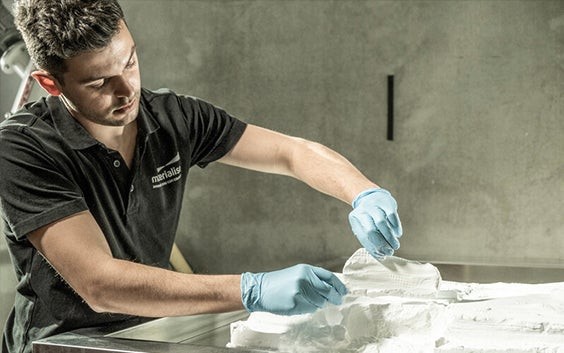

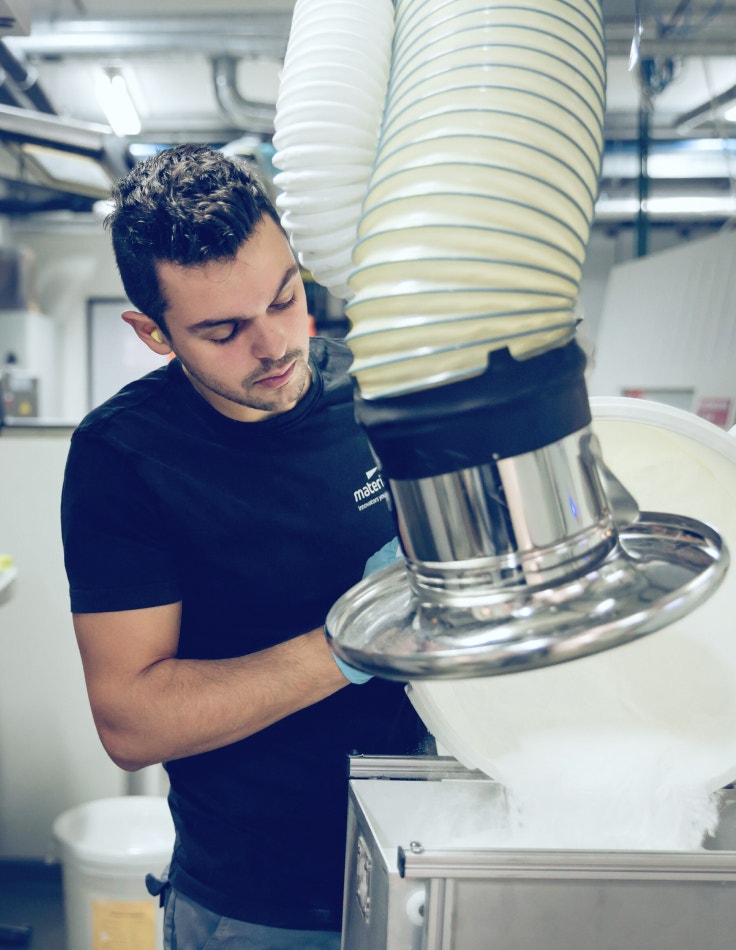
Sustainable supply chain policy
The Materialise Supply Chain Policy fosters sustainable procurement and supports the values that shape and drive us as a company: innovation, integrity, quality, co-creation, and people. It outlines what we require of our suppliers in terms of accountability, ethical behavior, human rights, the environment, and sustainability management. We review and update our supply chain policy yearly, as required.
Select and download policy (PDF):


Conflict minerals policy
Materialise is conscious that a limited number of its products may contain tin, tantalum, tungsten, or gold. Products containing one or more of these elements include consumer products printed through our i.materialise online 3D printing services.
Materialise ensures that such products do not contain conflict minerals sourced from mines that support or fund conflict within the Democratic Republic of Congo or adjoining countries.
Therefore, it is our policy:
- Not to purchase products and materials containing conflict minerals directly from mines or smelters.
- To undertake due diligence to ensure our suppliers have the same commitment to their products and supply chains.
- To give preference to suppliers that guarantee their products to be free of conflict minerals.
Managing our environmental impact
Through our Environmental Policy and our ISO 14001:2015 certificate, we have made an official commitment to protect the environment and to comply with European environmental legislation, regulations, and customer-specific requirements in all of our operations, processes, and services.
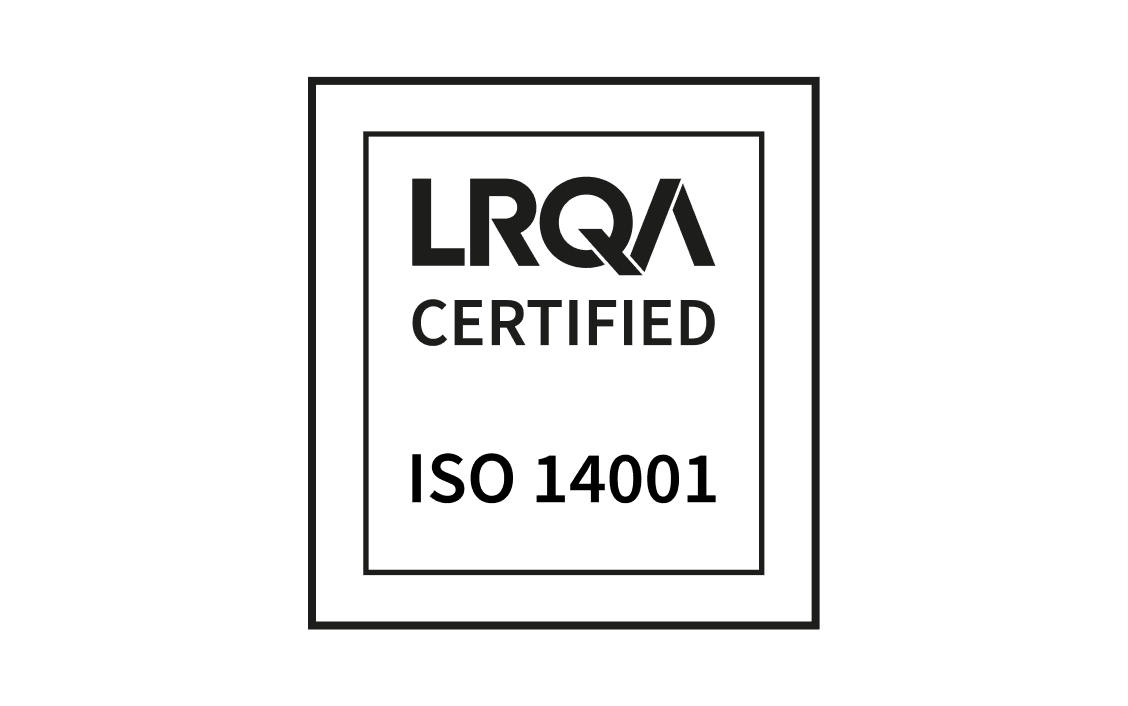
Explore our other focus areas
Our aim is to meet the needs of the present without compromising the needs of future generations. As well as ensuring transparency in everything we do, we also focus on the following areas:
Committed to improving our operations and empowering our customers, we strive to innovate and reduce waste, manage our environmental impact, and achieve net zero carbon emissions.
We recognize the important role we play, both for our workers and the communities around us, and are committed to helping create a more just, inclusive, and healthy society.
We believe that forging strong and mutually beneficial partnerships is critical to making a meaningful difference and achieving our sustainability objectives.
By using business as a force for good, we aim to ensure a positive impact for all our stakeholders. Discover our financial impact and results on our investor relations website.
As a Signatory of the UN Global Compact, we’ve pledged to continually improve the integration of the UN’s Principles and SDGs into our business strategy, culture, and daily operations.
